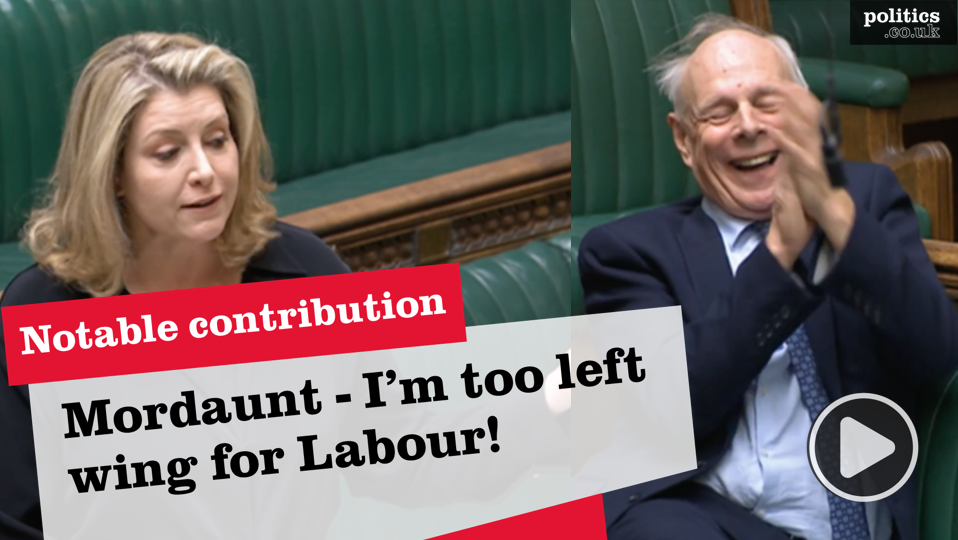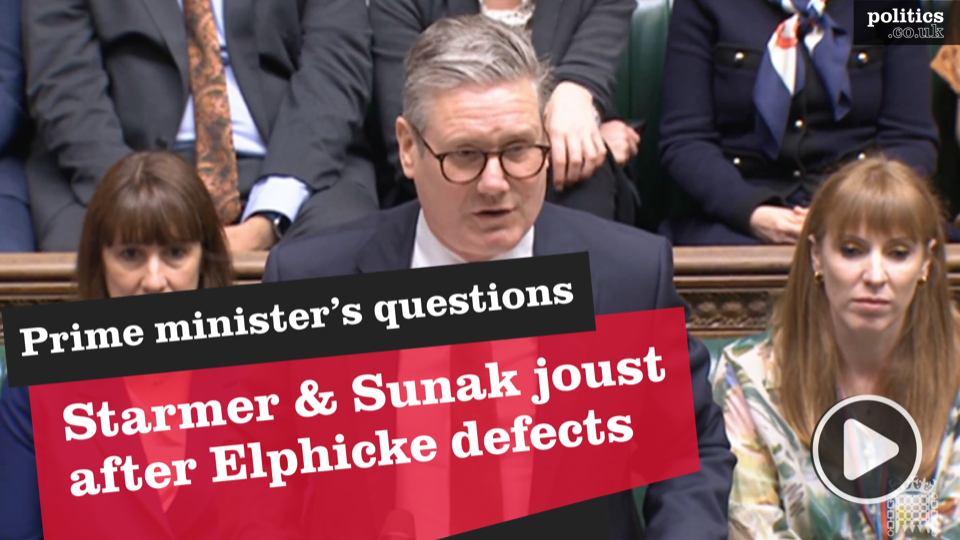Doctors warned to be cautious when sharing information on WhatsApp groups by MDU
Doctors are being advised by the Medical Defence Union (MDU) to only post information on private WhatsApp groups and other social messaging services that they would be happy to be made public.
The MDU issued the advice as new guidance from the General Medical Council (GMC) on doctors’ use of social media takes effect today. It is part of a series of more detailed guidance on Good Medical Practice from the doctors’ regulator.
For the first time, the guidance specifies that ‘when communicating privately using instant messaging services, messages or other communications in private groups may also become public.’ The GMC also makes it clear that it has ‘a legal duty to investigate any concerns raised to us that reach our fitness to practise threshold.’
The MDU, which provides high quality medico-legal support and advice to UK doctors, helped more than 300 healthcare professionals with queries about social media over the past three years (see chart below). A third of these were from healthcare professionals seeking advice on their social media use or support dealing with a complaint following posting on social media. There have also been a number of cases in which private communications have been considered in professional disciplinary proceedings.
Dr Catherine Wills, MDU deputy head of advisory services, commented:
“Doctors are increasingly coming to us for advice on their social media use. It can be a tricky area as doctors are expected to uphold professional standards when using social media and this extends to their private lives. They can be held accountable for things they say, like or share in private messaging groups, even those that are not work related. Many are not aware of this.
“Our advice is to carefully consider the private messaging groups you join and the information you post, like, share and comment on within them. Think about how you would feel if a colleague or patient saw the chat, or if it was shared to a wider audience.”
One hospital doctor who wished to remain anonymous told the MDU:
“I’m always really careful what I commit to writing, whatever the format. For example, I take care about how I respond to memes sent in group chats, in case a casual laughing emoji to acknowledge something I didn’t find funny and made me cringe, may be perceived as me agreeing with views that aren’t mine. That could reflect badly on me as a professional.”
Dr Ezgi Ozcan, a GP trainee who shares educational videos on social media, said:
“When I’m talking to medical students and trainees about social media, I always remind them that you are expected to uphold the same professional standards from when you’re on duty, outside the professional sphere. This goes for whatever platform you are using. As well as being aware of GMC guidance, it’s important to check your employer’s social media policy and stay within the rules.”
The GMC guidance also advises doctors that the standards remain the same whether communication takes place face-to-face or via a social media platform.
Doctors are expected to:
- identify themselves when commenting on health issues
- maintain appropriate professional boundaries
- take care not to breach patient confidentiality
- behave respectfully to colleagues.










